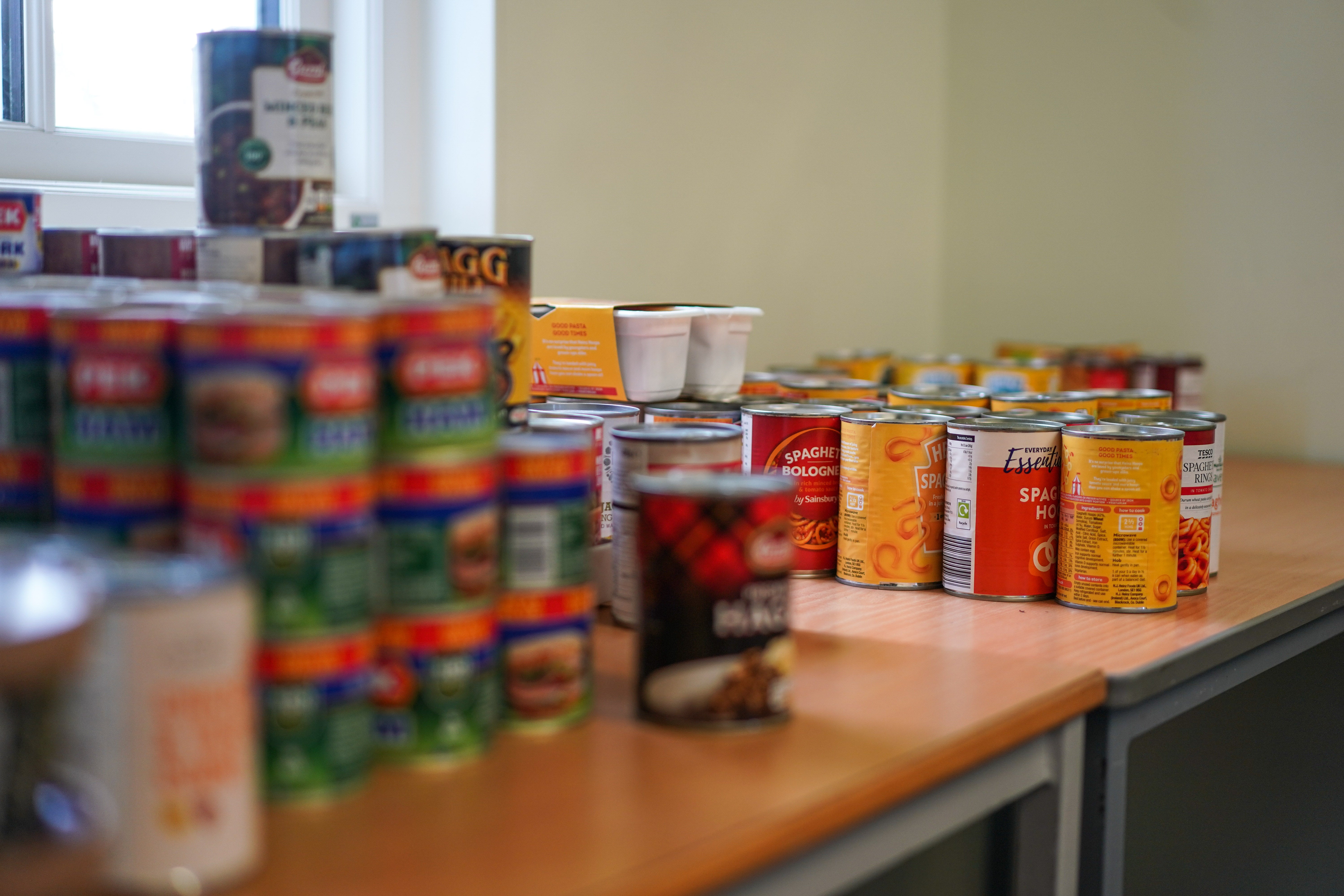No need for Child Poverty Unit because we abolished child poverty targets, minister says
Government accused of ‘grim’ logic and not having a plan to help children

Your support helps us to tell the story
From reproductive rights to climate change to Big Tech, The Independent is on the ground when the story is developing. Whether it's investigating the financials of Elon Musk's pro-Trump PAC or producing our latest documentary, 'The A Word', which shines a light on the American women fighting for reproductive rights, we know how important it is to parse out the facts from the messaging.
At such a critical moment in US history, we need reporters on the ground. Your donation allows us to keep sending journalists to speak to both sides of the story.
The Independent is trusted by Americans across the entire political spectrum. And unlike many other quality news outlets, we choose not to lock Americans out of our reporting and analysis with paywalls. We believe quality journalism should be available to everyone, paid for by those who can afford it.
Your support makes all the difference.The government has said it has no need for a dedicated unit to tackle child poverty – because it has abolished its child poverty targets.
Opposition politicians and poverty campaigners accused ministers of "grim" logic and not having a plan after the DWP dismissed the need for the body.
The government had a dedicated Child Poverty Unit since Labour set it up in 1999 and until it was scrapped by David Cameron's 2016 Welfare Reform Act.
The unit worked across government departments and advised them on how to reduce child poverty. But ministers shut down the body at the same time as they scrapped their child poverty targets – a highly controversial move.
Child poverty has climbed rapidly in recent years, with 4.3 million children below the line even before the pandemic. This figure was up 500,000 over the past five years and up 200,000 from the previous years.
But asked whether the cross-government unit could be restored, DWP minister David Rutley said: "A key function of the previous Child Poverty Unit was to support the delivery of the child poverty targets that we abolished in 2016, which we have no plans to reintroduce."
Sara Ogilvie, policy director at Child Poverty Action Group told The Independent: "The Government appears to be saying a unit isn’t needed to implement the child poverty reduction plan because there isn’t one.
"That’s grim when child poverty has been rising year on year and is expected to go on climbing.
"Quantifiable measures and targets are essential for reducing child poverty, as is political will. Without them Government can evade concrete action in favour of sound bites – with disastrous consequences for children."
The Resolution Foundation think-tank has calculated that government policies and the state of the economy are likely to see a further 1.3 million people pushed into poverty this year, 500,000 of them children.
Reacting to the minister's comments Jonathan Ashworth, shadow Secretary of State for work and pensions said: “Tory ministers are shamefully pushing 500,000 extra children into absolute poverty this year and this is more evidence of their refusal to accept the scale of the crisis that is of their own making.”
Liberal Democrat DWP spokesperson Wendy Chamberlain said the scrapping of the targets had been "utterly shameful".
“It’s clear ministers don’t want to have targets because they don’t want to face the reality that it is their damaging policies which are pushing children into poverty," she said.
In his written parliamentary answer about the child poverty unit, DWP minister Mr Rutley added: "We believe that an approach to tackling child poverty focused primarily on meeting income-based targets can drive action that focuses primarily on moving the incomes for those ‘just in poverty’ just above a ‘poverty line’ whilst doing nothing to help those on the very lowest incomes or to improve children’s future prospects.
"Ministers and officials engage extensively across Government to ensure a coordinated approach to tackling poverty and we will we continue to do so in the future. The latest statistics show that in 2020/21 there were 200,000 fewer children in absolute poverty before housing costs than in 2009/10."
Join our commenting forum
Join thought-provoking conversations, follow other Independent readers and see their replies
Comments